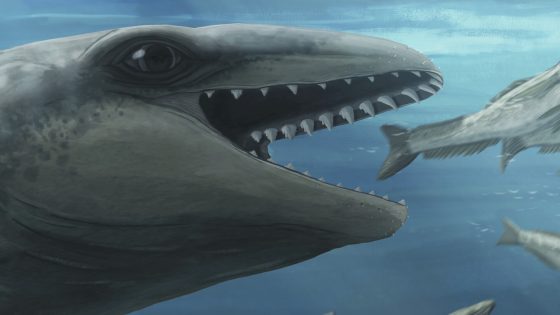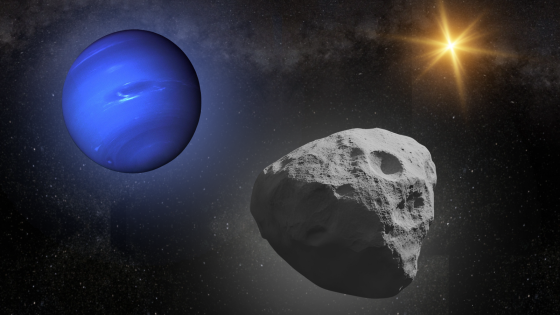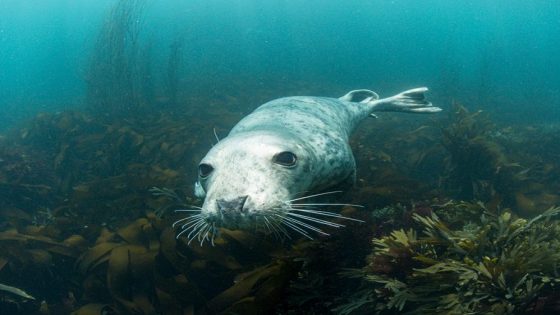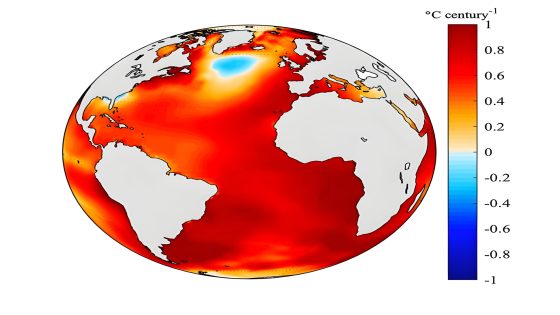A remarkable discovery has shed light on the evolution of whales, revealing a new species named Janjucetus dullardi. Found on an Australian beach, this 25 million-year-old fossil could transform our understanding of whale ancestry. On 2025-08-15 07:48:00, researchers announced this unique species, showcasing the diversity of prehistoric marine life.
- New species named Janjucetus dullardi discovered.
- Fossil found on Australia's Jan Juc Beach.
- Tiny predators linked to modern baleen whales.
- Amateur fossil hunter Ross Dullard identified it.
- Rare discoveries provide insights into whale evolution.
- Fossil preservation is extremely challenging over time.
This newly identified creature, resembling a bizarre blend of a whale and a Pokémon, was a small predator with bulging eyes and sharp teeth. Unlike today’s gentle giants, Janjucetus was a fierce hunter, offering insights into the evolutionary path that led to modern whales.
This find raises intriguing questions about the evolutionary adaptations of early cetaceans. How did these creatures thrive in their environments? What can their traits tell US about modern whales? Key points include:
- Janjucetus was part of the mammalodontid group, known for their unique characteristics.
- This discovery marks only the fourth species identified from this group.
- The fossil’s rarity highlights the challenges in studying ancient marine life.
As researchers continue to uncover ancient fossils, each finding brings us closer to understanding the complex history of marine life. Will future discoveries reveal even more about how whales evolved to dominate our oceans?
































